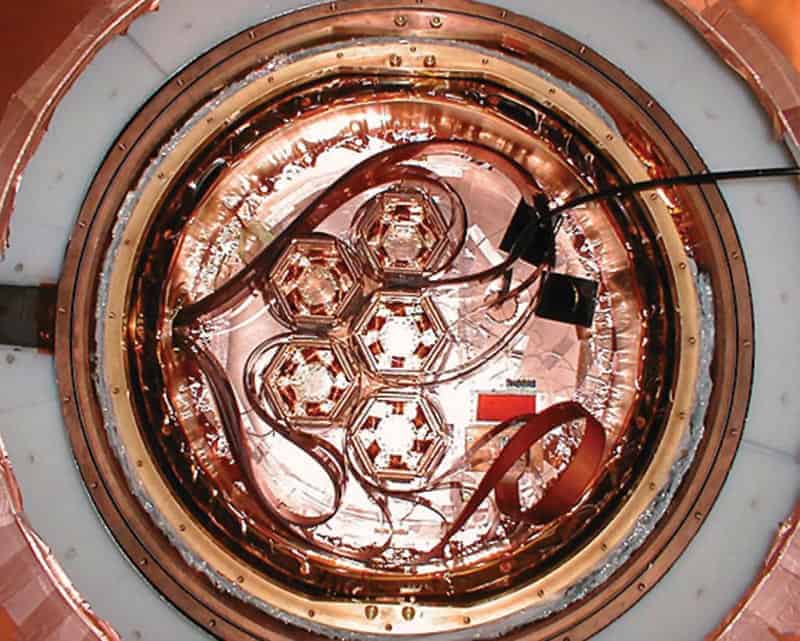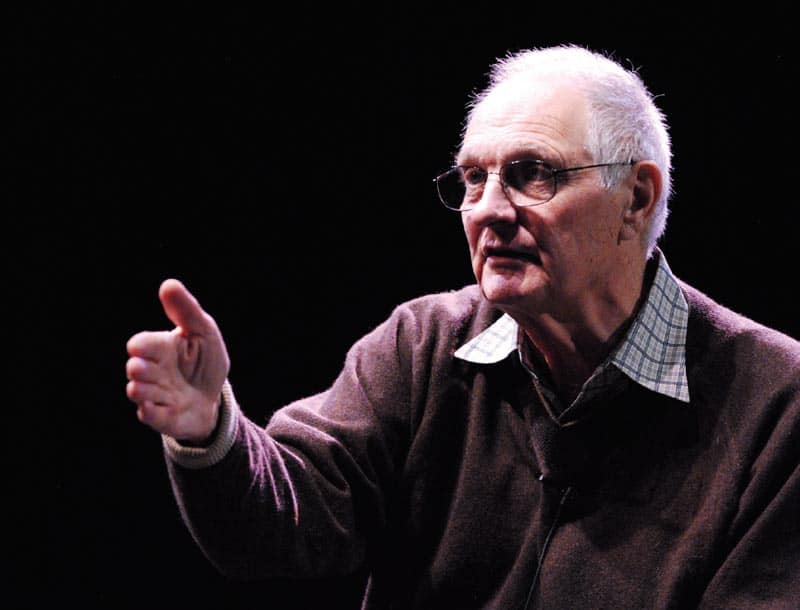Discovery with statistics
Robert P Crease discusses your responses to his "experiment" into the nature of discovery and statistics
 Read article: Discovery with statistics
Read article: Discovery with statistics
Thank you for registering with Physics World
If you'd like to change your details at any time, please visit My account
Robert P Crease is a professor in the Department of Philosophy at Stony Brook University, New York. He has written, translated or edited more than a dozen books on the history and philosophy of science and technology, and is the author of the Physics World Discovery ebook Philosophy of Physics and the IOP ebook Philosophy of Physics: a New Introduction. He is past chair of the Forum for History of Physics of the American Physical Society. He is co-editor-in-chief of Physics in Perspective, and since 2000 he has written a column, Critical Point, on the historical, social and philosophical dimensions of science for Physics World. His latest book (with Peter D Bond) is The Leak: Politics, Activists, and Loss of Trust at Brookhaven National Laboratory (2022 MIT Press).
Robert P Crease discusses your responses to his "experiment" into the nature of discovery and statistics
 Read article: Discovery with statistics
Read article: Discovery with statistics
Robert P Crease bemoans the US's failure to capitalize on an early opportunity to go metric
 Read article: Missed metric moment
Read article: Missed metric moment
Robert P Crease calls for your view on what would count as a "discovery" in the search for dark matter
 Read article: Discovering dark matter
Read article: Discovering dark matter
The Hollywood actor Alan Alda, who has a deep and passionate interest in science, is part of an innovative US project to help scientists to communicate, as Robert P Crease finds out
 Read article: Communicating science
Read article: Communicating science
Robert P Crease explains the enduring popularity of non-SI units, including the ox-day, firkin and litre
 Read article: Your favourite units
Read article: Your favourite units
A dozen years after it was found, the priority dispute over who discovered dark energy lingers on, says Robert P Crease
 Read article: Priority battles
Read article: Priority battles
Robert P Crease discusses the origin of some units of measurement, and asks for your favourites
 Read article: Your best unit
Read article: Your best unit
Robert P Crease uncovers the secret of the conflict between science and religion in responses to a Physics World survey
 Read article: Religion explained
Read article: Religion explained
Robert P Crease talks to a former string theorist who found what he wanted in science when he applied the tools of physics to fundamental questions in biology
 Read article: The call of the wild
Read article: The call of the wild
Robotics competitions supply a vital missing link in science and engineering education, says Robert P Crease
 Read article: The power of robotics
Read article: The power of robotics